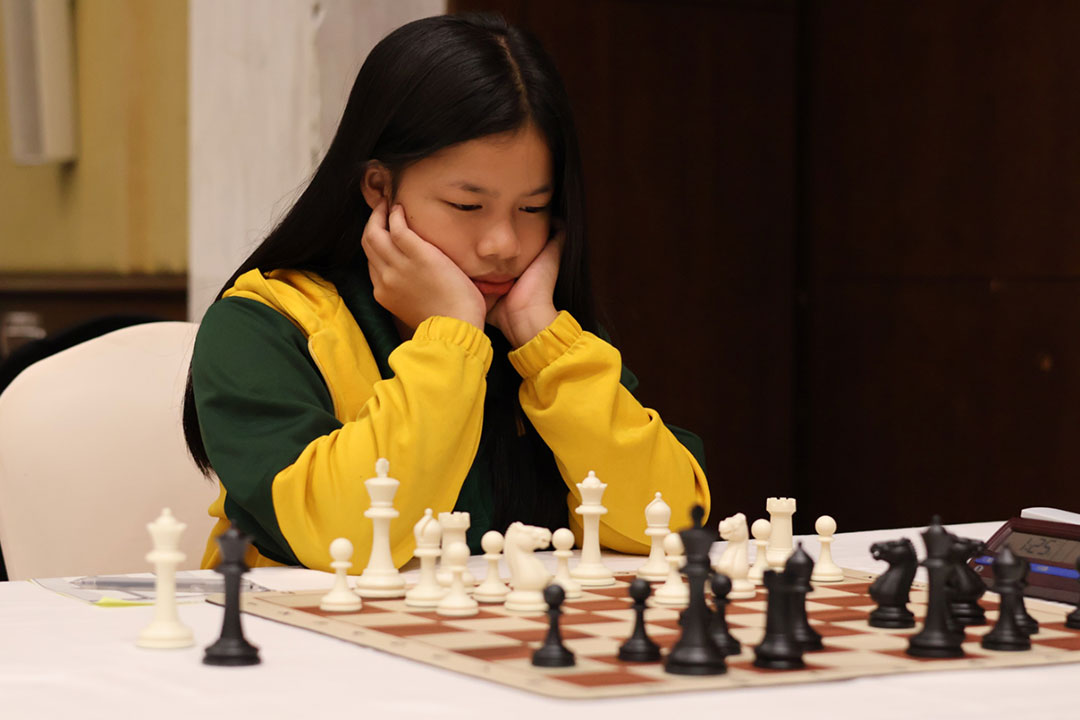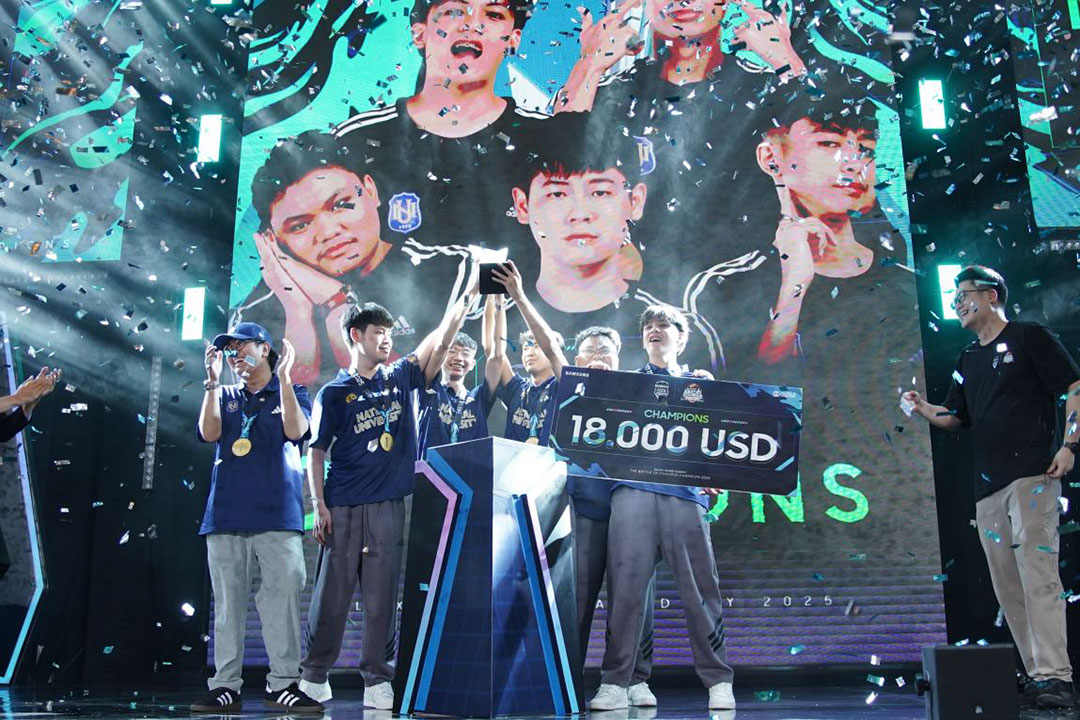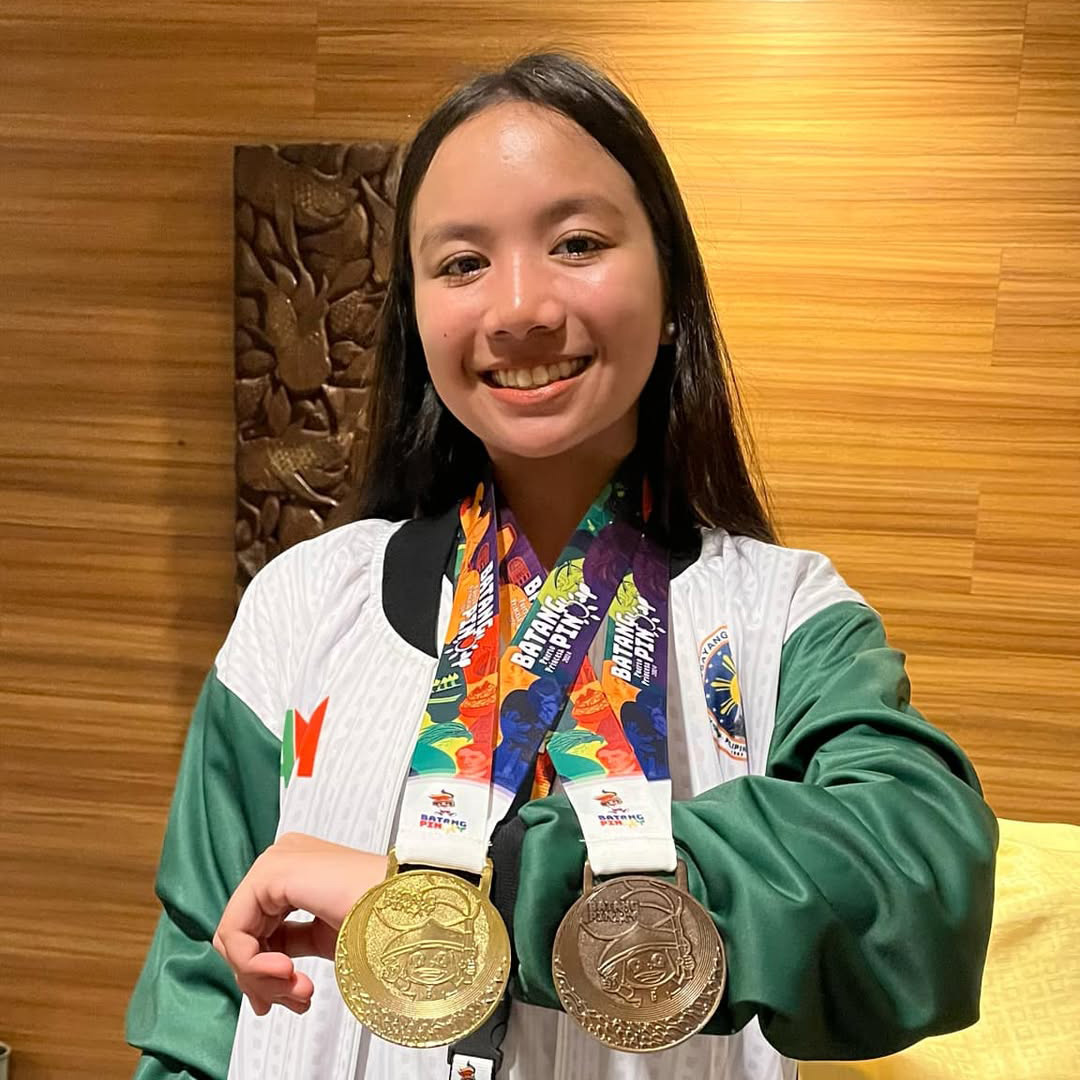
Upgrade to High-Speed Internet for only ₱1499/month!
Enjoy up to 100 Mbps fiber broadband, perfect for browsing, streaming, and gaming.
Visit Suniway.ph to learn
Louella Desiderio - The Philippine Star
June 19, 2025 | 12:00am
“An extension, I feel, should be OK, favorable for us,” Trade Secretary Cristina Roque told reporters yesterday.
STAR / File
MANILA, Philippines — An extension of the deadline set by the United States to complete talks on reciprocal tariffs and the 10-percent levy currently imposed on most countries would be favorable for the Philippines, according to the Department of Trade and Industry (DTI).
“An extension, I feel, should be OK, favorable for us,” Trade Secretary Cristina Roque told reporters yesterday.
Roque said an extension would keep the reciprocal tariff on Philippine exports entering the US at 10 percent, lower than the 17 percent initially imposed on the country.
According to a June 11 Reuters report, US President Donald Trump has expressed willingness to extend the July 8 deadline for completing trade talks with countries before higher reciprocal tariffs take effect.
US Treasury Secretary Scott Bessent was also reported to have said that the US could extend the July trade deal deadline – or “roll the date forward” for countries negotiating in good faith.
Last April, the US declared a 90-day pause on the reciprocal tariffs and lowered the levy to 10 percent for most countries to give time for negotiations with the countries.
The 90-day pause on the tariffs will end on July 8.
Prior to the 90-day pause, the US imposed a 17-percent tariff on exports coming from the Philippines, the second lowest in Southeast Asia.
While an extension of the trade talks deadline and pause on higher reciprocal tariffs would be favorable, Roque said the country would still want the duty on Philippine exports entering the US to go below 10 percent.
Earlier, she said the Philippine government would negotiate to bring down the reciprocal tariff to zero.
Heightened uncertainty stemming from the US reciprocal tariffs has affected investor sentiment.
From January to May, investments approved by the Board of Investments (BOI) dropped by 48.5 percent to P329.52 billion from P640.22 billion in the same period in 2024.
Data from the Philippine Statistics Authority also showed that total investments approved by investment promotion agencies including the BOI fell by 43.7 percent to P181.93 billion in the first quarter from P323.27 billion in the same quarter last year.

 6 days ago
4
6 days ago
4



